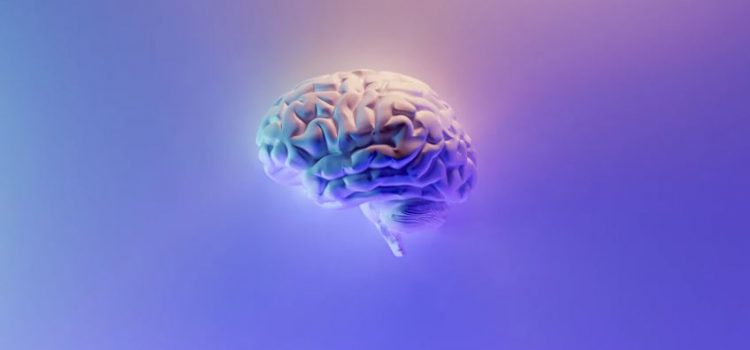What is the psychology behind reciprocity? Why do we feel the need to reciprocate benevolent behavior? In social psychology, reciprocity is the tendency to return a favor or a benevolent action with another benevolent action. According to Rolf Dobelli, the author of The Art of Thinking Clearly, this phenomenon is a by-product of the human need to belong to a group. Keep reading to learn about the phenomenon of reciprocity, why it occurs, and how it’s used as a tool for manipulation.
Reciprocity: The Psychology of Giving Back










